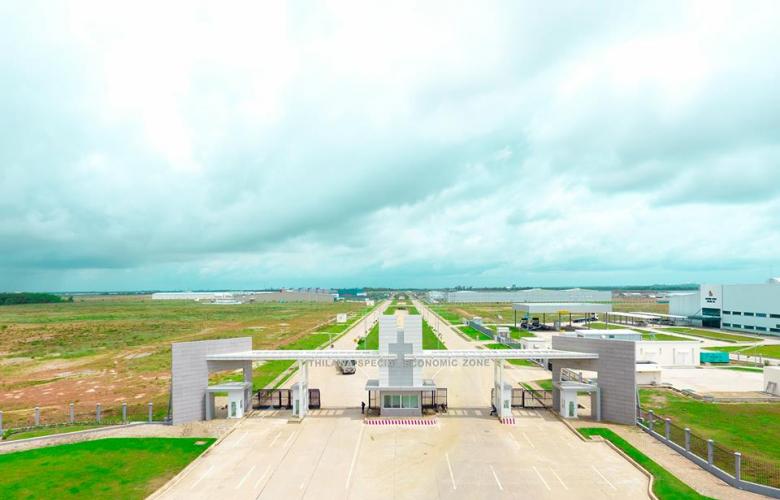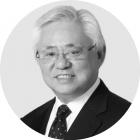Business on Special Economic Zones continues to grow
Contact
Business on Special Economic Zones continues to grow
Singapore has paved the way for investors bringing in 37 percent of business to The Myanmar Thilawa Special Economic Zones (SEZs)
More than 110 enterprises, including four domestic businesses, invested US$208 billion in the Special Economic Zones (SEZs).
Those are the figures according to the Directorate of Investment and Company Administration, under the Special Economic Zone Law, as of 10 July.
Singapore topped the list of foreign investors, with more than 37 per cent of the overall investment, followed by Japan and Thailand.
Foreign direct investment (FDI) came from the Republic of Korea, Hong Kong, the UK, the UAE, Malaysia, Austria, China (Taipei), Panama, China, Brunei, Viet Nam, Australia, France, Switzerland, and the Netherlands.
Of the 74 businesses operating in the Thilawa SEZ, 18 are beginning to export goods, with SEZ employing over 20,000 workers, including permanent and construction workers, according to the management committee.
The Myanmar Thilawa SEZ Holdings Public Limited’s annual report for 2017-2018 stated that 97 percent of Thilawa Zone A and 61 percent of Zone B have been sold.
In a press statement issued in June, the company said over 60 per cent of businesses are domestic-oriented manufacturing enterprises, while 40 per cent are export-oriented manufacturers.
Companies exporting at least 75 percent of the production in value is registered as free zone investors, and don't pay corporate tax for 7 years from the time it starts its operations.
Companies like logistics which support export-oriented manufacturing can also fall under tax free companies.
Domestic-oriented manufacturing companies are deemed as promotion zone companies which are eligible for a five-year break on corporate tax.
Colliers International said the continuous rush of manufacturing investments in the country should boost the demand for industrial space and standard factory buildings in the future.
“It is likely that the majority of the manufacturing companies will continue to put up operating facilities in industrial parks such as Thilawa SEZ as these locations are near key air and road infrastructure projects,” the company stated.
The establishment added that this will substantially reduce the cost of doing business and serve as catchment areas for skilled manpower and a continuously rising consumer base for manufactured products.
“However, high industrial rates and lack of quality facilities could potentially continue to pose challenges. On the other hand, Colliers thinks this could provide opportunities for developers to offer build-to-suit solutions,” the company exclaimed.
Myanmar is currently implementing three Special Economic Zones in Thilawa, Kyaukpyu, and Dawei.
Source: Colliers International Myanmar, The Global New Light of Myanmar
Similar to this:
Japan-backed special economic zone in Myanmar is front runner for alternative production hub
Foreign investment in Thilawa SEZ Project exceeds US$1.374 billion







